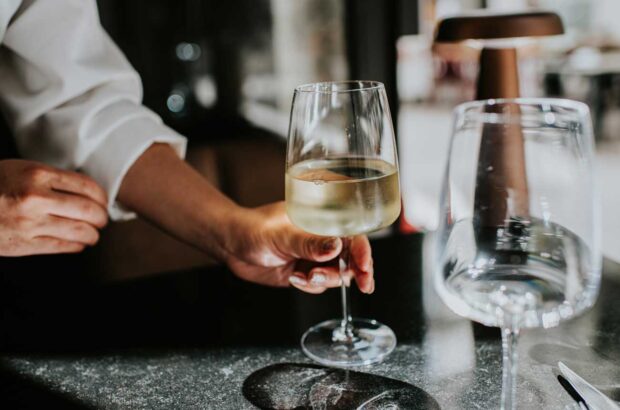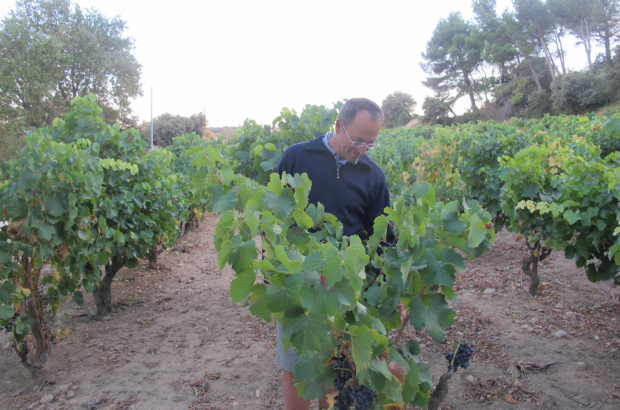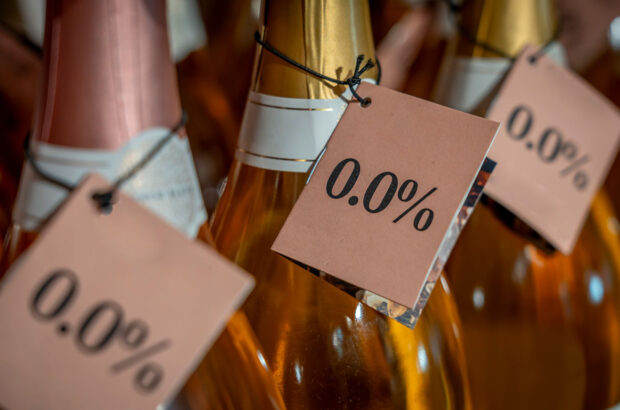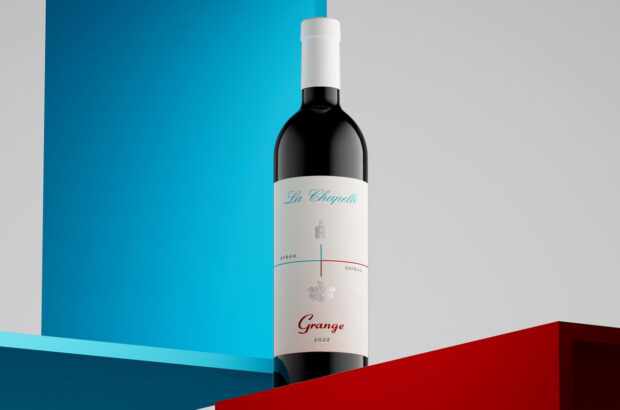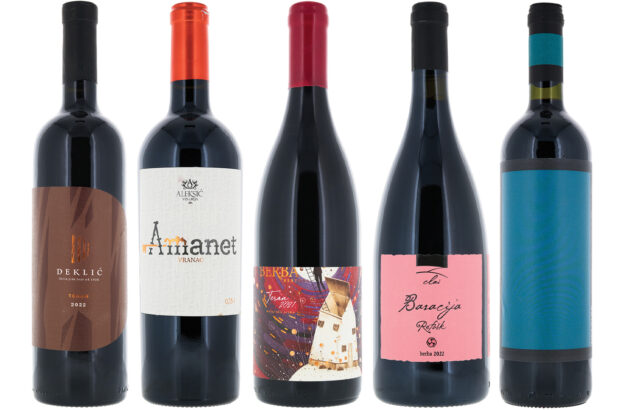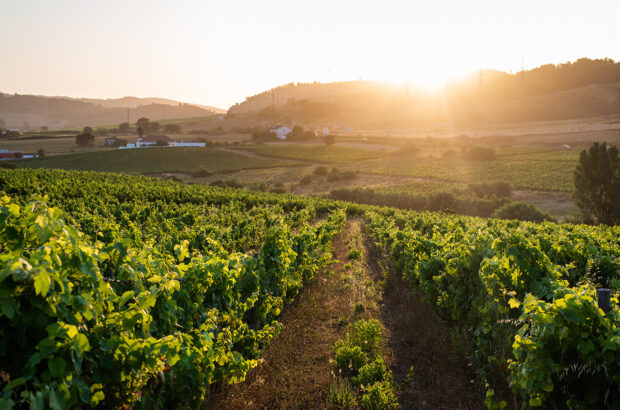For those of us who love wine, it can sometimes feel as though your life revolves around it: your social circle, your topics of conversation, your magazine choices. This is even more the case for sommeliers, for whom the act of uncorking a bottle at 11am wouldn’t raise an eyebrow.
But if, as studies would have us believe, consumers are drinking less or even stopping entirely, is it beyond imagination that this trend towards moderation might percolate into the world of sommeliers?
Not long ago, the idea of a ‘sober sommelier’ would have been almost unimaginable, but today, they are real and walk among us.
‘There is a trend towards moderation and healthier consumption, particularly among younger generations,’ says Federica Zanghirella, vice president of the UK Sommelier Association. ‘We see it all the time running courses. Younger people tend to spit, while older generations generally finish the glass, even if it’s a tasting.’
Lifestyle choice
So what can we learn from these sober sommeliers about how to have a healthy relationship with wine? Abe Zarate, sommelier at New York restaurant Crane Club, has been sober since 31 August 2020. ‘As a sommelier, you have plenty of access to beverages. For someone in their mid-20s with lots of unaddressed issues, you can imagine what that means,’ Zarate (now age 33) explains. ‘My day would revolve around the next time I was able to have a drink. Many times I’d tried to moderate unsuccessfully. Eventually, I got to a fork in the road. I was pretty sure I knew how one path would end, so I decided to try one more time to do things differently.’

Abe Zarate. Credit: Diego Berrocal Marcawasi LLC
Zarate sat down and created a plan, replacing drinking with other ways of making himself feel good – from a nice takeaway to putting on a film he’d been meaning to watch – to avoid feeling a lack. There are a few friends from whom he has had to distance himself to avoid temptation, but he has managed to continue working as a sommelier, tasting and spitting but never swallowing.
Zarate now runs an Instagram account (@sober_somm) where he writes about his experiences, and more and more wine lovers, including sommeliers and winemakers, are contacting him to say that they, too, have gone sober. ‘People are seeing more examples and realising it’s possible,’ he says.
Finding the balance
Moderation isn’t just for those who’ve struggled with alcohol problems. Laura Vidal, a 40-year-old sommelier based in Marseille, southern France, has never considered herself to be an alcoholic. Even so, she stopped drinking almost six years ago and hasn’t looked back.
‘It was the day after my 35th birthday,’ recalls Vidal, who runs hospitality and events company The Small Group. ‘I had been celebrating with some friends and the hangover the next day was brutal. I looked at my calendar and the coming months were so busy I figured it would be good to take a break. I then realised how great it was to be sober and I just continued. It left me feeling empowered and free.’

Laura Vidal
Like Zarate, Vidal continues to taste wine and even thinks her sobriety has improved her ability to do so. ‘I am more aware and have a better memory of tastings and of the stories winemakers tell me,’ she says.
While these are extreme cases, there are many more wine lovers and industry professionals who are trying to moderate their intake rather than cutting out alcohol entirely. Vanessa Stoltz, head sommelier at Michelin one-star Restaurant Pine in Northumberland in northern England, began consciously moderating last summer as part of her efforts to have a more balanced lifestyle. ‘I have no time for hangovers because of the [wine] exams I am taking. Plus, I hope to be a mum one day – a big factor in my choice to cut down,’ she explains.
Stoltz no longer drinks alcohol during her working week and only treats herself to a drink on one day over the weekend. ‘I am also more conscious of the alcohol percentage. If I’m drinking beer, I look for one with 3% alcohol and I drink a lot of water in between to slow myself down,’ she adds.
Open to all
The more that sommeliers understand and embrace moderation, the easier and more enjoyable it will be for consumers who also want to dip a toe in.
‘I now have a much better understanding of the word inclusion,’ Zarate says. ‘I want everyone at the table to feel part of the same experience, no matter what they’re drinking.’ Part of that is ensuring that non-wine drinking guests still get the same experience and fanfare as those who are – whether through fancy glassware or thoughtful presentation. After all, he adds, that’s what hospitality is all about.



